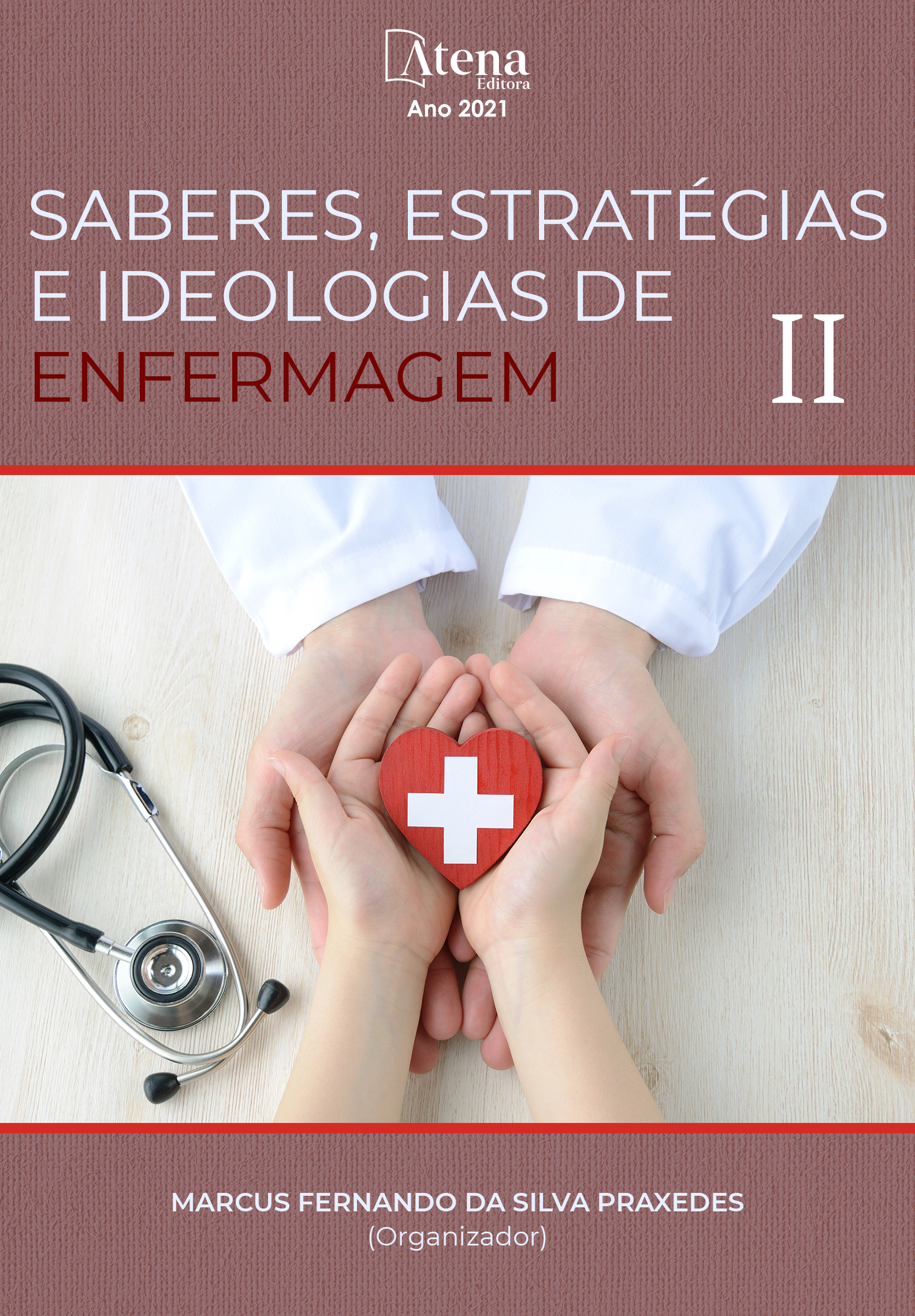
ALEITAMENTO MATERNO E CÁRCERE: a percepção de mulheres privadas de liberdade.
Este artigo apresenta resultados de uma pesquisa realizada em duas instituições prisional do Estado do Rio de Janeiro. Objetivo: analisar a percepção das mulheres encarceradas acerca da amamentação no ambiente prisional. Método: estudo qualitativo, realizado no período de julho de 2017 a fevereiro de 2018, com mulheres que estão sob regime de privação de liberdade que estivessem vivenciando o ciclo grávido-puerperal. Os dados foram coletados por meio de entrevistas semiestruturadas, e analisados pelo método hermenêutico-dialético. Resultados: O corpus do estudo possibilitou a organização do conteúdo mais amplo em uma macrocategoria de análise: A criação de vínculo e a ruptura do desligamento: breves percepções sobre amamentar no cárcere. Os conteúdos específicos foram analisados separadamente em duas microcategorias de análise: O aleitamento materno como algo bom para mãe e o bebê; Amamentação tem prazo: a sombra do iminente desligamento entre mãe e filho. Conclusões: há aspectos ambivalentes em relação à amamentação no cárcere. A criação do vínculo mãe e bebê promove bem-estar, e amplia as perspectivas de reinserção social. Entretanto, o vínculo mãe-filho, é limitado pelo tempo concedido pela justiça, ou pelo não cumprimento das legislações protetivas, trazendo sentimentos negativos e diminuindo a relação afetiva entre mãe e filho.
ALEITAMENTO MATERNO E CÁRCERE: a percepção de mulheres privadas de liberdade.
-
DOI: 10.22533/at.ed.48221231115
-
Palavras-chave: Aleitamento materno; Prisões; Gestantes, Período pós parto.
-
Keywords: Breastfeeding and prison: the perception of women deprived of liberty
-
Abstract:
This article presents results of a research carried out in two prison institutions in the State of Rio de Janeiro. Objective: to analyze the perception of incarcerated women about breastfeeding in the prison. Methods: qualitative study, held from July 2017 to February 2018 with women who are under deprivation of liberty who were experiencing the pregnant puerperal cycle. Data were collected through semi-structured interviews and analyzed by the hermeneutic-dialectic method. Results: The corpus of the study made it possible to organize the broadest content in a macro category of analysis: Bonding and disconnection: brief perceptions about breastfeeding in prison. The specific contents were analyzed separately in two analysis micro-categories: Breastfeeding as a good thing for mother and baby; Breastfeeding has a term: the shadow of the imminent disconnection between mother and child. Conclusions: there are ambivalent aspects in relation to breastfeeding in prison. The creation of the mother-baby bond promotes well-being, and expands the prospects for social reintegration. However, the mother-child bond is limited by the time granted by the court, or by non-compliance with protective legislation, bringing negative feelings and decreasing the emotional relationship between mother and child.
-
Número de páginas: 15
- PATRICIA LIMA PEREIRA PERES
- PRISCILA MARQUES NASCIMENTO
- CRISTIANE SANTOS GOMES
- Vanessa dos Santos Pereira


